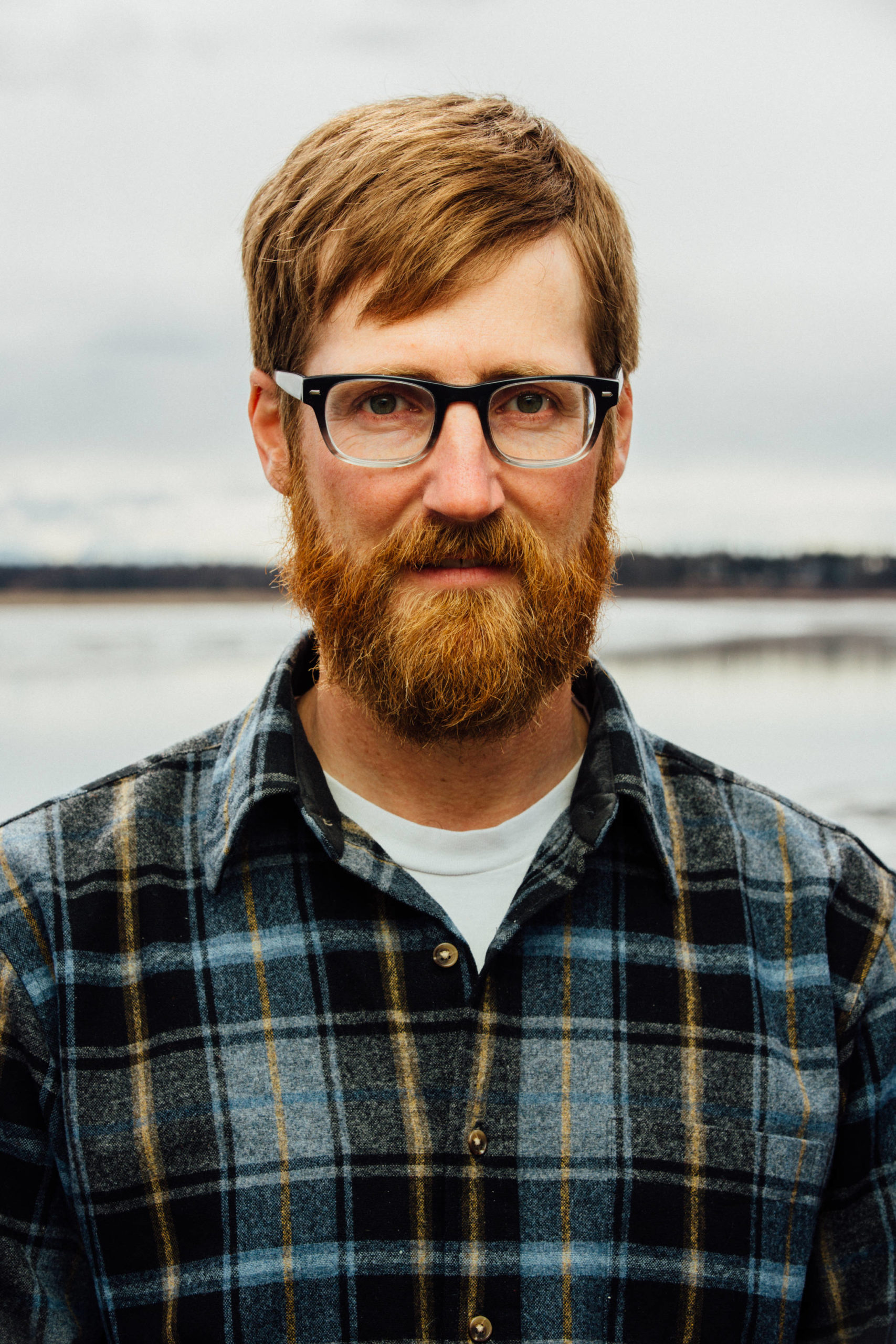By Kevin Maier
In 2006, Juneau’s City Assembly gathered a scientific panel to consider potential impacts of climate change on our community. Showcasing our considerable local expertise, the concise report “Climate Change: Predicted Impacts on Juneau” emerged a year later, offering a sobering vision of our future. Like so many documents of this sort, it represents a dispassionate effort to project what global warming will mean for Juneau. Reading even just the bullet list of predicted impacts from the executive summary with the hindsight of a decade and a half, it is clear some of the prognostications have arrived, but it also serves as an important reminder that thinking about climate change forces us to expand our temporal scale. Unlike Hollywood imaginings of apocalyptic climate futures, some changes will be gradual; either way, we need to plan now.
This winter local experts are updating the report. My colleagues in the sciences are advancing our understanding of climate change, so the new version promises to be interesting. As a humanist, I’m responsible for one small section considering impacts to outdoor recreation. The 2007 document predicts that ocean and hydrological regime shifts will impact sport fishing opportunity, while decreased snow-level at sea-level will adversely impact winter recreation. While it may be hard to quantify, as an avid angler and skier I can attest that we are already feeling both these impacts.
If you’re a skier, you may be as exhausted as me, drawn to this March’s endless powder that seems to be carrying into April, and perhaps you’d be inclined to believe that global warming isn’t a problem. When you see my colleague Eran Hood’s analysis of the long-term snowfall data in the report, you may feel comfortable in your assessment. Averaged over 80 years of written records, snowfall at sea-level has not declined significantly. There is incredible interannual variability in so many of the metrics by which we track climate, and although we may not see statistically significant declines in annual snowfall in the historical record to match the gradual increase in average winter temperatures, the best models suggest it is coming soon. From a recreational perspective, we are already feeling the negative impacts. Juneau’s skiers won’t soon forget the winters of 2015 or 2016, for example, when Eaglecrest’s normal 80-plus days of operation were reduced to a handful and we had to walk up and down through forest and muskeg to make any turns. Even this year, one of the snowiest in recent memory at higher elevations, my friends who prefer to ride powder on powerful machines didn’t get reliable access to their zones until February.
The good news is that snow lovers are already adapting. Eaglecrest has invested in infrastructure to turn Cropley Lake’s water into skiable snow, the Nordic Club has a grand vision for transforming the Mendenhall Valley into a skier’s paradise and the Juneau Off-Road Vehicle Association has recently submitted plans to build a road from the headwaters of Montana Creek up to Spaulding Meadows. We are going to need more of this creative thinking, but we also need to be thoughtful as we adapt. As accessible snow becomes more ephemeral, and we race to preserve our recreational passions, we need to consider the impact our plans have on other users, human and non-human.
To be sure, fiery climate-driven conflicts are already raging in our community — the heated exchanges between motorized and non-motorized users of Montana Creek that erupted this summer are harbingers of more conflict on the horizon. To avoid these community-dividing debates and to adapt in resilient ways, we need to have fair and open conversations about what we value, finding ways to agree to disagree and to negotiate solutions to our shared problems. This is going to be hard work; it is exceedingly difficult to have honest conversations about tradeoffs when it comes to places we love and recreation that defines our identities, especially when these conversations are set against the backdrop of the uncertainty of a climate changed future. For me, for example, a substantial ATV road to Spaulding Meadow isn’t worth the impact to important rearing habitat for Montana Creek’s coho, but I readily admit I prefer quiet days standing in a stream with my fly rod or slowly moving through silent mountain landscapes on my splitboard to the speed of mechanized travel. My kids got a taste of snowmachine-accessed alpine skiing this winter in the Dan Moller bowl, though, and I’m not sure I can put that genie back in the bottle, so I understand that we need spaces for all kinds of snow lovers to pursue their passions. Learning how we weigh such tradeoffs is fast becoming a family as well as a community affair, and I look forward to digging into these hard dialogues with all of you.
The good news is that these seemingly insurmountable disagreements about who, where, and how we get to play have already been solved in communities all across the world. Successful plans map out how to preserve recreation for decades to come. The other good news is that the consequences are relatively low. Indeed, while it may seem irresponsible to be talking about play in the face of such dire climate justice concerns, for me, these dialogues serve as important trial runs — if we can solve these debates over how we recreate in an ever-changing landscape, it will prepare us to address far more important issues of equity that climate change creates.
• Kevin Maier is associate professor of English at the University of Alaska Southeast and lives in Juneau. Maier is a member of the University of Alaska Southeast Sustainability Committee. The views expressed here do not necessarily represent the views of the University of Alaska Southeast.

